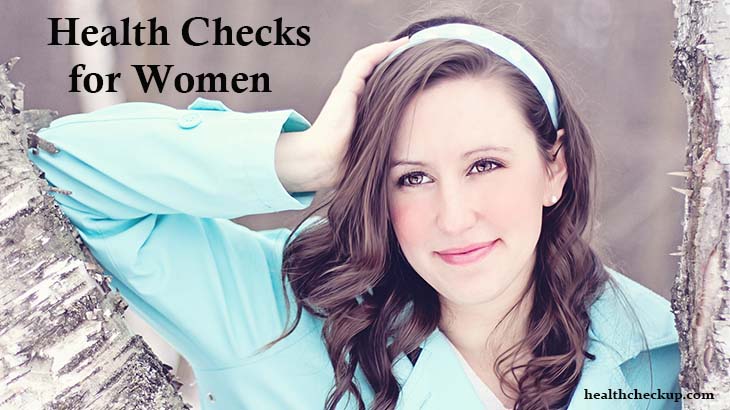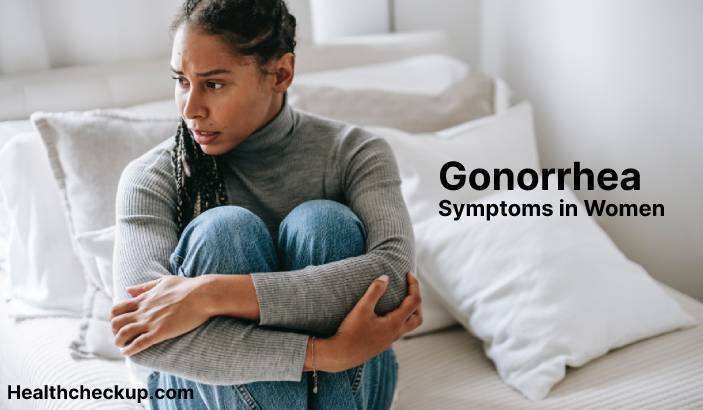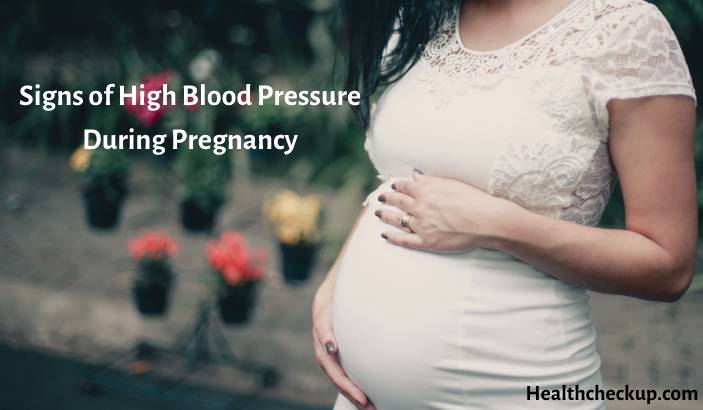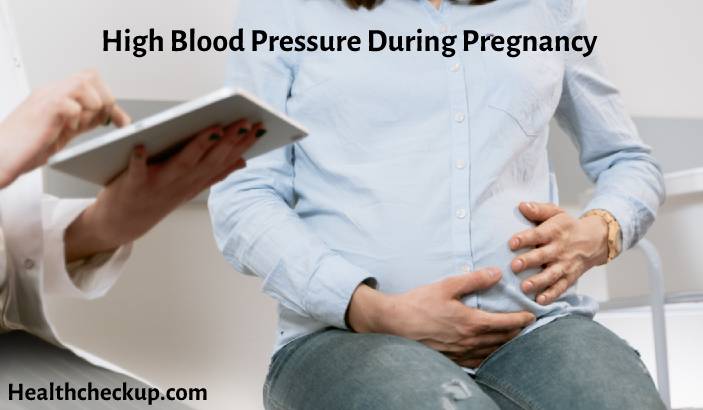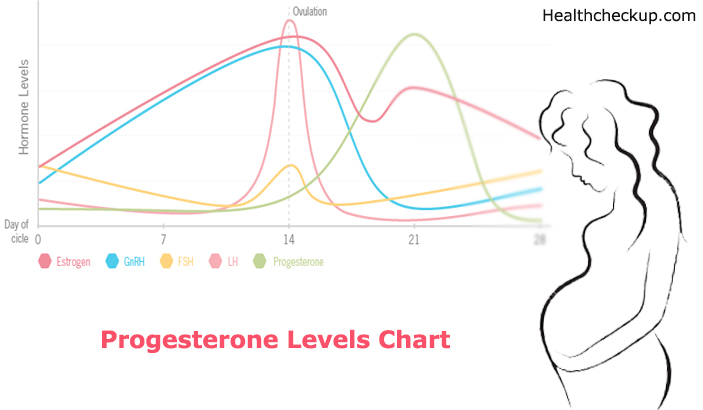A women’s health is as important as a man’s but, a woman’s health depends on a lot of factors – both internal and external. Every woman should realize the importance of health and make time for healthy practices – good habits, regular exercise, and choosing the right foods. Every woman should also know that routine health checkup is extremely important so that potential problems can be spotted early – and if necessary, initiate the necessary treatment.
Health checks and screenings are an important aspect of your health and can make your life simpler and healthier. Even if you are feeling healthy and don’t have any feeling of sickness whatsoever, do make it a point to see your family doctor for a regular woman health check up. Believe us when we tell you that these visits can save you a lot of grief in the future. Timely intervention can protect you from future diseases, ailments, and unnecessary surgeries. Another thing that you ought to remember is that even if you are healthy you should visit your doctor once in two years for a physical examination. This will ensure that you keep maintaining your good health.
Some problems can be detected by regular checks. For instance, your blood pressure can be gauged only when you have it checked regularly. Take the case of diabetes – you can find out if you have diabetes or not only when you take a blood test. And, sometimes it may be too late to avoid complications.
You may be wondering what tests you need to take and at what frequency. Well, you don’t have to worry – we are here to guide you. We suggest that you take the following tests:
1. Blood Pressure Check for Women
From the age of 18, every woman should have her blood pressure checked at least every two years. The ideal blood pressure for women should be 120/80 mmHg. Do you know that uncontrolled high blood pressure can kill you? It is called the silent killer as it does not display any symptoms, and by the time you realize that you have HBP, it would have damaged your heart, arteries, and other vital organs. Low blood pressure is equally dangerous – severe low blood pressure can deprive your body of oxygen to carry out the normal bodily functions, and also damage the heart and the brain.
2. Cholesterol Check for Women
Women should have their cholesterol checked at least every three years from the age of 20. This Woman health check up, which is very important to know your risk of heart disease, is done through a blood test. The ideal cholesterol level should be below 200 mg/dL (milligrams per deciliter) for total cholesterol. High cholesterol in the body means that you blood has more cholesterol than it should have. High cholesterol is dangerous and does not display any symptoms. High cholesterol in the blood can lead to plaque build-up in the arteries resulting in their narrowing down and can causes chest pain – angina. It could also completely block the blood supply to the heart and cause a heart attack; or it could block the blood supply to the brain and result in a stroke.
3. Pap Smear and Pelvic Exams
Starting from the age of 21, women thought to get a pelvic exam and Pap smear test done every two years to check for any abnormalities in their reproductive system. Women of the age of 30 and older need a Pap smear every three years if all their previous tests have been normal. A Pap smear is a safe way to screen for cervical cancer. It can warn your doctor of any suspicious cells that may need further testing. If your Pap smear has positive results, there is a possibility of your having pelvic cancer.
4. Mammograms and Breast Exams
Starting from around the age of 20, women should undergo a clinical breast exam at least every three years till the age of 40. From the age of 40 onwards, they should take this test every year. A mammogram is a screening test for breast cancer where moderate compression is applied to the breasts and the X-ray images captured. Apart from this, women can also do a monthly breast self-exam and their doctors can tell them how this can be done. If you notice any change in your breasts, bring it to the notice of your doctor immediately. A mammogram can tell your doctor if you have breast cancer. Mammograms do not prevent breast cancer, but they can save your life by detecting breast cancer at an early stage.
5. Bone Density Health Checkup for Women
One of the ailments that catch up with women late in life is osteoporosis, and hence they should start getting screened for osteoporosis from the age of 60. But, those women having a slender frame or a tendency for fractures should start their screening earlier. Healthy bones show a T- score of -1 or higher – the measurement used to describe your bone density. The frequency of bone density screening differs from woman to woman based on their bone density and risk factors. A bone density test can determine if you have osteoporosis – a malady that causes bones to become more fragile and more likely to break when compared with others. A bone density scan can detect thinning of the bones at an early stage and if you are already suffering from osteoporosis, bone scans can also tell you how fast the disease is progressing.
6. Diabetes Health Checkup for Women
Women should get a blood glucose test every two years starting at the age of 45 to test for diabetes or pre-diabetes. Before the age 45, women may need to have their blood glucose levels tested if they have symptoms of diabetes or risk factors. A blood test result for RBS or Random Blood Sugar should be in the range of 140 mg/dl. A fasting reading should be in the range of 72 to 99 mg/dL while a post-prandial reading should be less than 140 mg/dL 2 hours after eating. Any reading more than the suggested range indicates pre-diabetes or diabetes. Unless you take a test, you will not know of the presence of diabetes in your body. If diabetes remains unchecked, it may lead to long-term complications which could even be life-threatening. Some of the complications are cardiovascular diseases, neuropathy, nephropathy, retinopathy, and Alzheimer’s.
7. Colon Cancer Health Checkup for Women
Colon cancer screening tests for women should normally start at the age of 50. One common test is the flexible sigmoidoscopy in which a lighted tube and camera are inserted through the anus to examine the lower part of the colon. The other test is colonoscopy, where a long tube to examine the entire colon. Most of the time colon cancer begins from a small, noncancerous group of cells called adenomatous polyps – some of these polyps could turn cancerous. Regular screening tests can prevent colon cancer by identifying and removing cancerous polyps.
8. Dental Health Checkup for Women
Good dental health is extremely important for the wellbeing of the entire body, and so all woman health check up should undergo a dental check-up at least once in a year. Regular dental check-up can keep the teeth healthy and detect signs of any problems with the mouth or teeth. Most of the time, the mouth and teeth are the most neglected parts of the body. Presence of bacteria in your mouth – the gateway to the body – can affect your overall health. People with periodontal diseases are more likely to suffer from heart disease, increased risk of dementia, diabetes, and respiratory problems.
9. Eye Health Check up for Women
Visit your ophthalmologist once in 3 years or earlier if you have any vision problems. But, after the age of 40 be sure to make a yearly visit to ensure that you do not have cataract or glaucoma problems. Many people have the tendency of saving money by avoiding eye checkups and eye care altogether, for the simple reason that they do not know the repercussions. Blinding diseases such as glaucoma and diabetic retinopathy do not show any symptoms, and by the time the disease progresses it would have caused irreversible damage – partial or total loss of eyesight.
10. Immunizations for Women
Immunizations play a very vital role in your being healthy, and you should therefore, ensure that you get all your immunization shots regularly.
Medically Reviewed By


